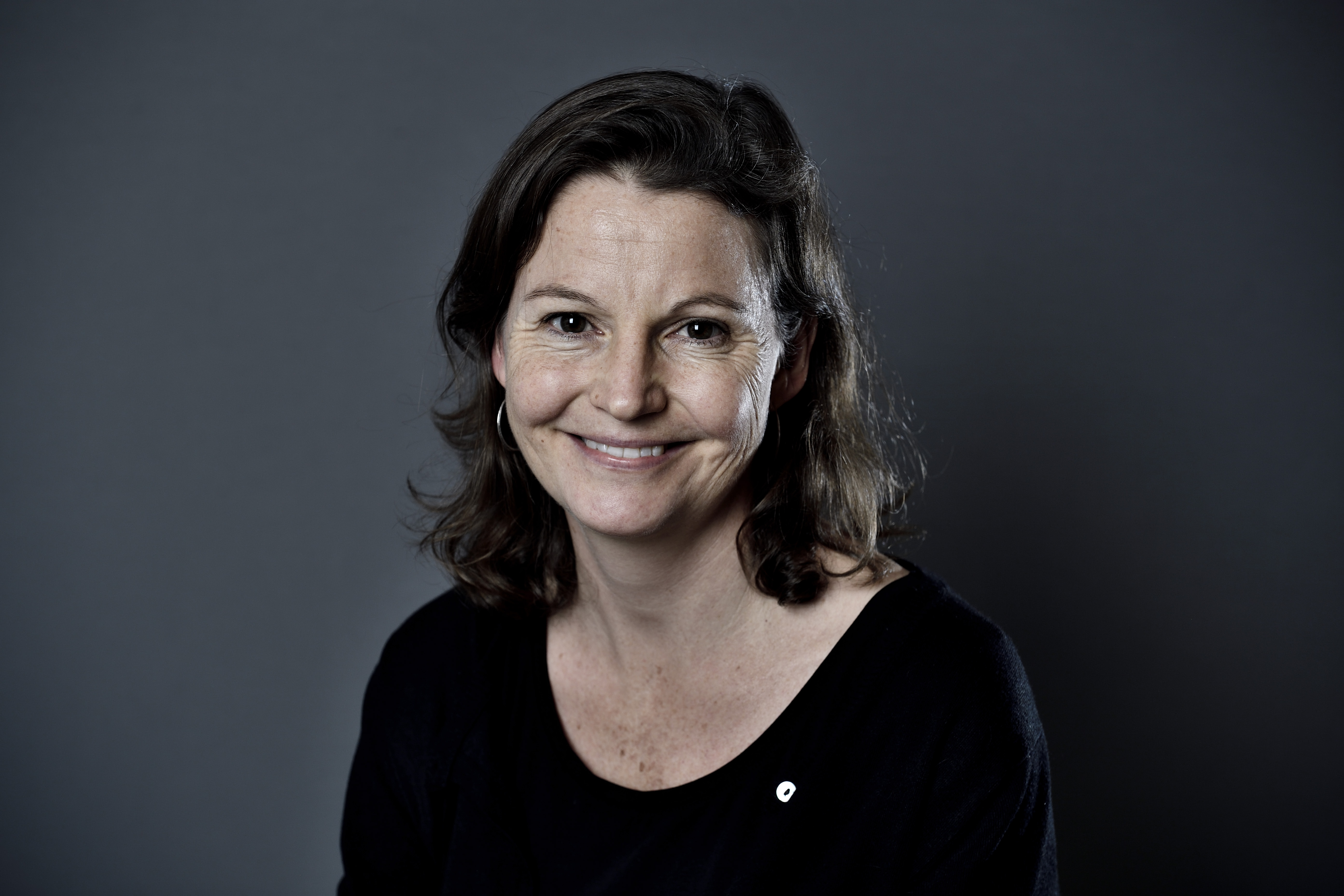Ane Bærent Fisker
Research leader

Project title
From universal health coverage to evidence based vaccination programmes
What is your project about?
The vaccination programme is based on assumptions about effects rather than real-life data. My project challenges the assumption that the effect of a vaccine at the population-level can be estimated based on how many are vaccinated and the magnitude of the disease burden in the population. Indeed, real-life data indicate that this is wrong: in addition to receiving vaccines, the sequence of vaccines is important for overall health. This should be in-cooperated in how the vaccination programme is planned and evaluated. Through my project, I will assess whether introducing new ways of evaluating the vaccination programme improves child health.
How did you become interested in your particular field of research?
I have been affiliated with Bandim Health Project (BHP) in West Africa since a pre-graduate scholarship. At BHP, I have assessed real-life effects of health interventions. During a change to the vaccination programme, I observed that vaccination coverage for the new vaccine, which the emphasis was on, increased, but that vaccination coverage and timeliness for other vaccines fell. This decline would have gone unnoticed, and there would have been no data to assess the consequences, had BHP not been present. Hence, we need to ensure that focus is on indicators associated with lower mortality and that new programmes are accompanied by evaluation.
What are the scientific challenges and perspectives in your project?
When interventions to prevent disease are rolled out, there is an expectation that the roll-out improves health and prevents deaths. However, whether this is the case in practice is rarely assessed. The WHO vaccination programme started in 1974, but the extent to which the programme lowers child mortality has not been studied. It has hitherto been assumed that we know the beneficial effect. I do not think that we can assume that we know the effect. Therefore, I will examine the effect, not only on the diseases against which the vaccines are known to provide protection, but on general health.
What is your estimate of the impact, which your project may have to society in the long term?
My research builds on the controversial finding that, in addition to their ability to prevent specific diseases, vaccines have broader effects on overall health. If the effects are as strong as our previous findings suggest, this should affect the way the vaccination programme is designed and evaluated. My project will take important steps in that direction. Regardless of whether we confirm that my suggested indicators are better than ones currently used or not, we will have gained important knowledge and contribute to improving future health programs so that they become evidence-based. By questioning the assumptions and insisting on data, my research team will seek to generate some of the evidence needed to optimise the current vaccination programme.
Which impact do you expect the Sapere Aude programme will have on your career as a researcher?
Participation in the Sapere Aude programme is a recognition of my field of research and my abilities as a researcher. It gives me the opportunity to expand my research group and to carry out an ambitious project, which is larger than I could have otherwise have taken on. With a Sapere Aude grant, I expect to be able to recruit strong employees who have both the skills, the will and the desire to make a difference.
Background and personal life
There is no standard everyday in my world. It therefore requires a calendar with several months per page to maintain an overview. When days are packed, it is essential that a run is fitted as it provides both relaxation, new energy and new ideas. With much of my working time in Guinea-Bissau, and with much of my network in Denmark, dinners, coffee breaks and get-togethers are important to maintain balance; fortunately, it is also possible to drink tea or have breakfast together over skype.
View all research leaders here
Research institution
University of Southern Denmark
Research field
Public health
City of your current residence
Copenhagen
High school
Thisted Gymnasium & The Mahindra United World College of India
